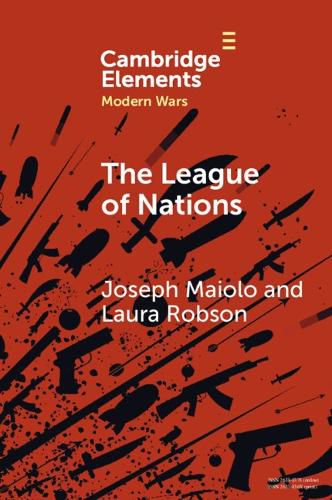Readings Newsletter
Become a Readings Member to make your shopping experience even easier.
Sign in or sign up for free!
You’re not far away from qualifying for FREE standard shipping within Australia
You’ve qualified for FREE standard shipping within Australia
The cart is loading…






The Element challenges histories of the League of Nations that present it as a meaningful if flawed experiment in global governance. Such accounts have largely failed to admit its overriding purpose: not to work towards international cooperation among equally sovereign states, but to claim control over the globe's resources, weapons, and populations for its main showrunners (including the United States) - and not through the gentle arts of persuasion and negotiation but through the direct and indirect use of force and the monopolisation of global military and economic power. The League's advocates framed its innovations, from refugee aid to disarmament, as manifestations of its commitment to an obvious universal good and, often, as a series of technocratic, scientific solutions to the problems of global disorder. But its practices shored up the dominance of the western victors and preserved longstanding structures of international power and civilizational-racial hierarchy. This title is also available as Open Access on Cambridge Core.
$9.00 standard shipping within Australia
FREE standard shipping within Australia for orders over $100.00
Express & International shipping calculated at checkout
The Element challenges histories of the League of Nations that present it as a meaningful if flawed experiment in global governance. Such accounts have largely failed to admit its overriding purpose: not to work towards international cooperation among equally sovereign states, but to claim control over the globe's resources, weapons, and populations for its main showrunners (including the United States) - and not through the gentle arts of persuasion and negotiation but through the direct and indirect use of force and the monopolisation of global military and economic power. The League's advocates framed its innovations, from refugee aid to disarmament, as manifestations of its commitment to an obvious universal good and, often, as a series of technocratic, scientific solutions to the problems of global disorder. But its practices shored up the dominance of the western victors and preserved longstanding structures of international power and civilizational-racial hierarchy. This title is also available as Open Access on Cambridge Core.